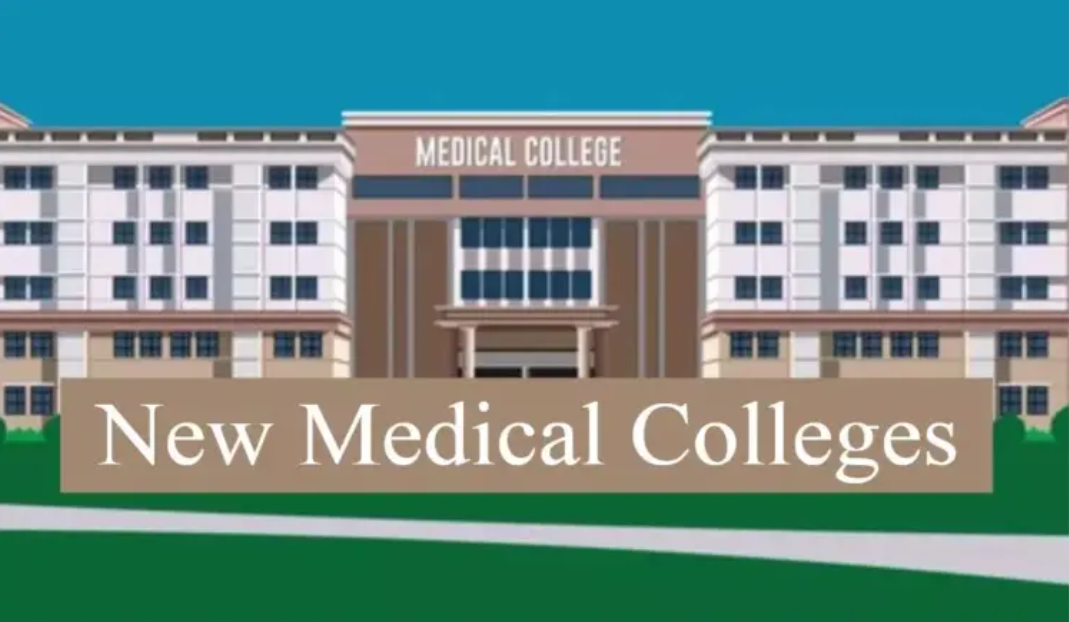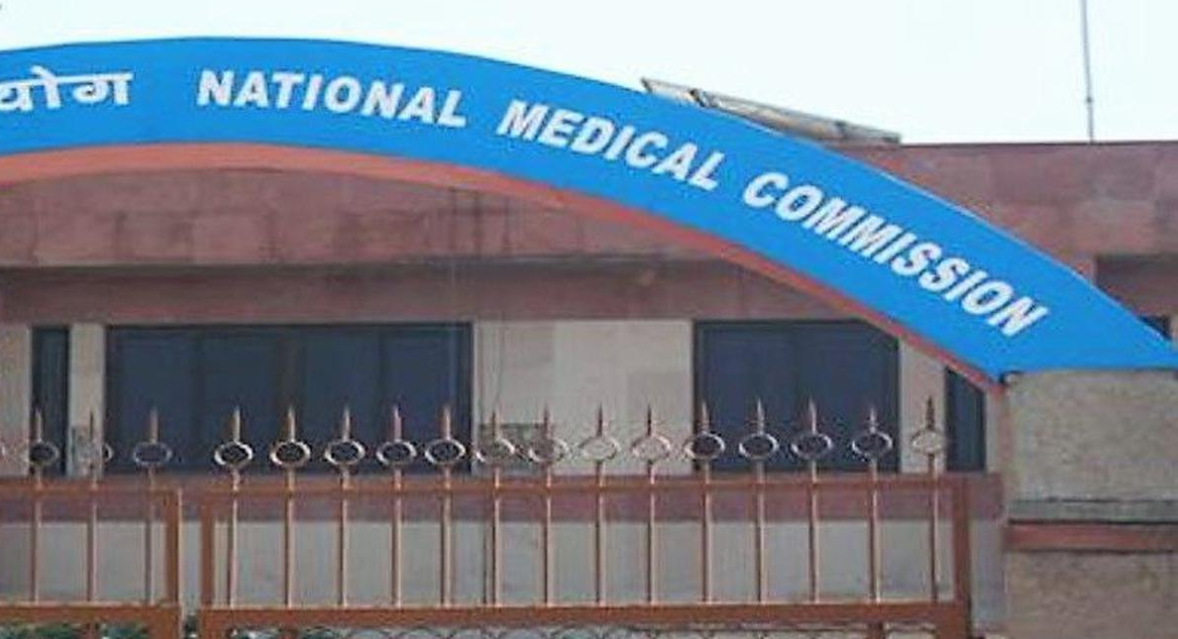Karnataka to Welcome Four New Medical Colleges, Adding 600 Medical Seats

Karnataka Medical Education Soars: 600 New Seats, NRI Quota Proposed

Details of the New Colleges
The four newly approved medical colleges will each offer 150 seats, and they include:

- Ramanagara Institute of Medical Sciences, Ramanagara
- Kanakapura Institute of Medical Sciences, Kanakapura, Ramanagara District
- BGS Medical College and Hospital, Nagarur, Bengaluru North
- PES University Institute of Medical Sciences and Research, Konappana Agrahara, Electronics City, Bengaluru
These new institutions will augment Karnataka’s total number of medical colleges to 74, encompassing both government and private sectors. Prior to this expansion, the state had 70 medical colleges with a combined capacity of 11,745 seats for the 2023-24 academic year. With the addition of the new colleges, the total number of medical seats will rise to 12,345.
Political Context and Significance
The decision to establish a new medical college in Kanakapura initially planned for the Rajiv Gandhi University of Health Science campus in Ramanagara, was fraught with political controversy. This move was followed by Deputy Chief Minister D. K. Shivakumar and Union Minister H.D. causing disagreement between them. Kumaraswamy makes it a matter of political prestige. However, the issue was resolved amicably with both Ramanagara and Kanakapura organizing medical colleges.
Proposal for NRI Quota and Additional MBBS Seats

In parallel with the expansion, the Karnataka government has proposed the introduction of an NRI quota within its government medical colleges. This initiative aims to create 508 additional supernumerary MBBS seats across 22 government medical colleges starting from the academic year 2025-26. Medical Education Minister Sharan Prakash Patil has formally requested the NMC to sanction this proposal.
Rationale Behind the NRI Quota
The proposal for an NRI quota is grounded in the University Grants Commission (UGC) guidelines, which emphasize the inclusion of international students in both undergraduate and postgraduate programs. The National Education Policy 2020 further advocates for increasing the intake of international students to enhance global outreach. Additionally, states such as Rajasthan, Haryana, Punjab, Himachal Pradesh, and Puducherry have already implemented NRI quotas, charging substantial fees ranging from USD 75,000 to USD 100,000 for a five-year course.

Currently, in Karnataka, only private medical colleges offer NRI seats, with fees ranging between Rs 1 crore and Rs 2.5 crore. The proposed NRI quota in public higher education institutions is expected to follow the financial model with the proposed fee pegged at 25 lakh rupees per student. The program is expected to improve the financial health of the state’s healthcare facilities, generating significant revenue of up to $127 million in the first year and up to $571.5 million in the fifth year.

Financial Implications and Benefits
Minister Patil emphasized that the additional resources provided by the NRI quota will go a long way in transforming private health institutions into the highest quality institutions. Revenues will support a variety of needs, including quality education, training, maintenance, purchase of medical equipment and pharmaceuticals, patient care, infrastructure development, faculty expansion and research activities.

Current Capacity and Future Prospects
Currently, 22 state medical schools affiliated with the Department of Medicine have a quota capacity of 3,450 in the 2023-2024 academic year. Of this, 85% (2,929 seats) are reserved for students from Karnataka and 15% (521 seats) are reserved for Indian quota. The proposal to add 508 more seats for NRI students is being considered as a possible solution without jeopardizing the regular supply of seats and preventing protests from students and parents.
Minister Patil remains optimistic that the Centre will approve the state’s request, enabling Karnataka to commence the NRI quota from the 2025-26 academic year, thereby further strengthening its medical education framework.
Also, read
Related News

SRM University-AP Students Secure 3rd Place at HackSecureX International Hackathon 2026

Amity Student Among 11 National Winners of JETRO’s Talent for Japan Student Contest 2025; Direct Link Here

SRMIST Kattankulathur Clinches National Glory at Formula Bharat 2026: Camber Racing Paints the Town Red

Discover Your Future in Law with VITSOL – UG Law Webinar 2026


